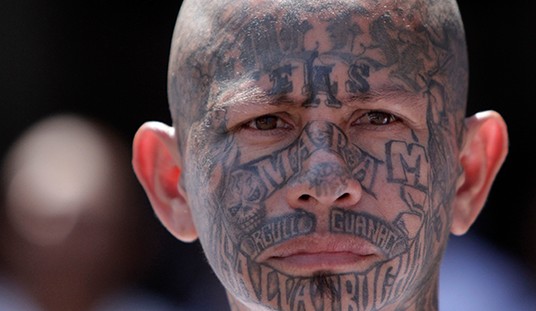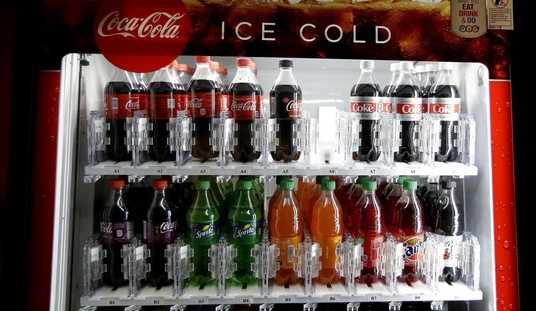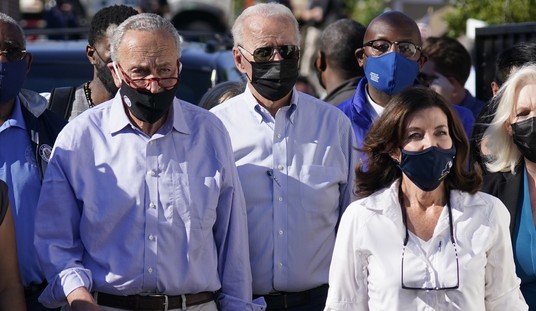
The full Ninth Circuit has declined to reconsider en banc its April 6, 2016 decision that affirmed a lower court’s permanent injunction preventing Arizona from refusing to issue drivers’ licenses to so-called “Dreamers” — young adult illegal aliens who were brought to the U.S. illegally as minors.
In the April decision, the appellate court panel said the state’s policy not to accept federal documents from Dreamers for driver’s licenses and state identification cards was based on its own definition of the term “authorized presence.” Arizona had previously attempted to revive a 2012 state order denying drivers’ licenses to childhood immigrants who received deportation deferrals from President Barack Obama’s Deferred Action for Childhood Arrivals (“DACA”) executive order.
The appellate court nevertheless, did update the April opinion with an extremely strong dissent written by Judge Alex Kozinski, which was joined by five other circuit judges.
In the 12-page blistering dissent, Judge Kozinski argued the panel’s finding “is a brazen renegotiation of our federal bargain,” saying it clearly violates the Immigration and Nationality Act and takes away the states’ prerogative to implement immigration-related policy within the bounds of federal statutes:
If states must accept the complete policy classifications of the INA and also every immigration decision made by the president, then we’ve just found ourselves in a world where the president really can preempt state laws with the stroke of a pen.
[. . .]
There’s no doubt that Congress can preempt state law; its power to do so in the field of immigration is particularly broad. But Congress never approved the deferred-action program: The president adopted it on his own initiative after Congress repeatedly declined to pass the DREAM Act — legislation that would have authorized a similar program.
Judge Kozinski said the panel’s ruling is based on a “puzzling new preemption theory”:
It’s a theory that puts us squarely at odds with the Fifth Circuit, which held recently that ‘the INA flatly does not permit the [executive] reclassification of millions of illegal aliens as lawfully present and thereby make them newly eligible for a host of federal and state benefits.
Judge Kozinski also wrote that the precedent the panel relied upon actually supports the position that a state’s actions toward immigration are not to be automatically preempted by federal directives:
Questions of preemption come into play in larger issues such as who is or is not allowed in the country. Denying a driver’s license is not tantamount to denying admission to the country.
His dissent came back to a question of presidential power, arguing that giving such deference to Obama’s DACA order sets a dangerous example and gives presidents too much power. Due to the fluctuations of executive orders, he argued, the current litigation could soon become a moot point.
Presidential power can turn on and off like a spigot; what our outgoing president has done may be undone by our incoming president acting on his own.
Kozinski warned that the court may eventually regret setting this precedent long after DACA has come and gone, and it is potentially faced with new litigation on another immigration order.
The judiciary might find itself, after years of litigation over a president’s policy, faced with a change in administration and a case on the verge of mootness. And our precedent may long outlive the DACA program. We may soon find ourselves with new conflicts between the president and the states.
I usually don’t put much stock in dissents. But this is the Ninth Circuit, which has a reputation for being more Liberal and reversed more often than most other Circuits. And I think Judge Kozinski, who has noted that the Ninth Circuit is “the Court of Appeals for the Hollywood Circuit,” is much closer than the panel to getting this matter right.
The case is Arizona Dream Act Coalition et al. v. Janice K. Brewer et al., case number 15-15307, in the U.S. Court of Appeals for the Ninth Circuit.













Join the conversation as a VIP Member